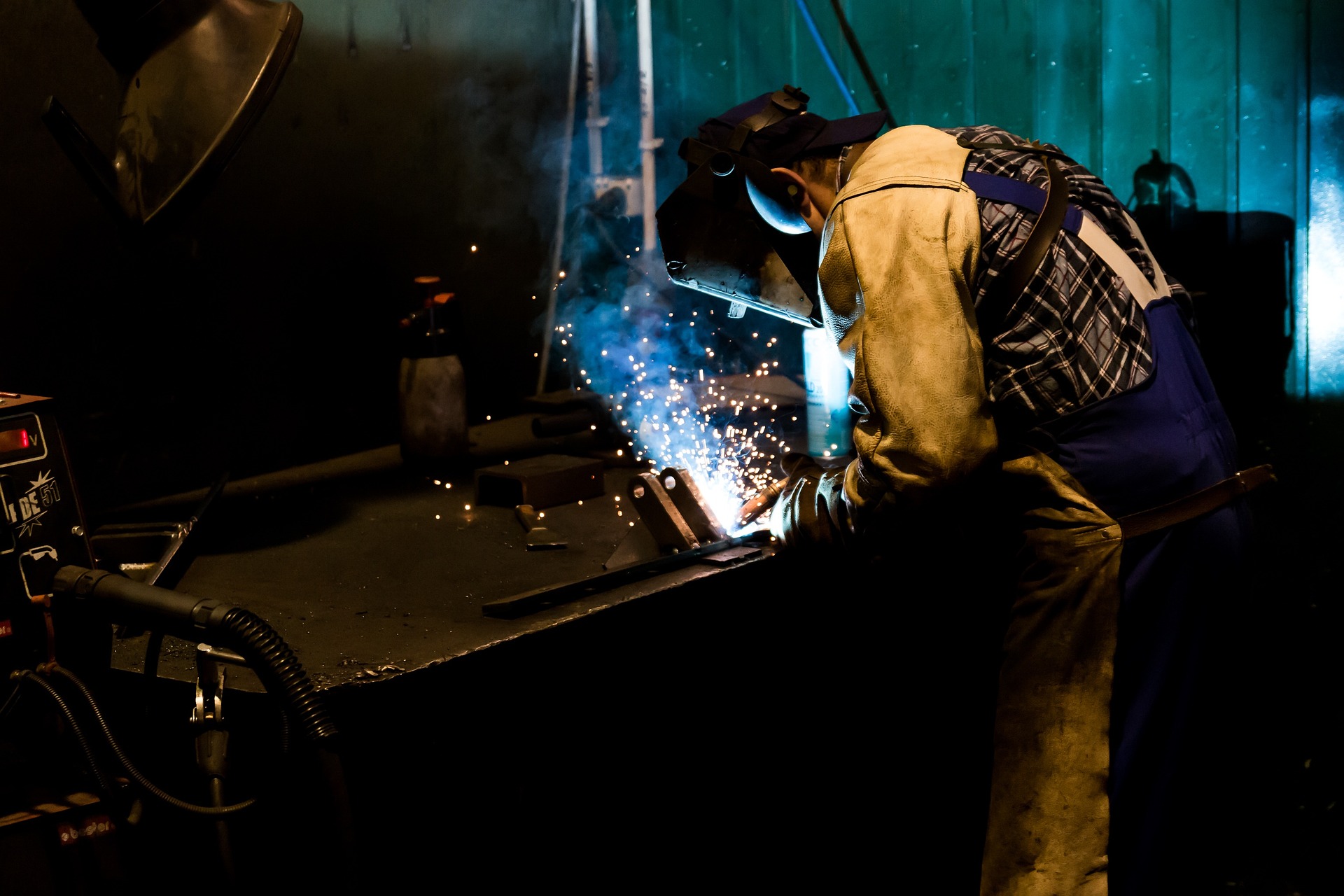Welding Company Jobs in the UK: Build Skills for a Secure Future
The welding industry in the UK continues to offer stable career opportunities across multiple sectors, from construction and manufacturing to shipbuilding and aerospace. With skilled welders consistently in demand, this profession provides pathways for both newcomers and experienced professionals seeking long-term employment security. Understanding the role requirements, industry demand, and employer expectations can help you navigate this rewarding career path effectively.

Welding represents one of the most essential skilled trades in modern industry, combining technical expertise with hands-on craftsmanship. Across the UK, welding professionals work in diverse environments, from bustling construction sites to precision manufacturing facilities, contributing to everything from infrastructure development to cutting-edge technology production.
What Welders Do
Welders join metal components using various techniques including arc welding, MIG welding, TIG welding, and oxy-acetylene welding. Their daily responsibilities extend beyond simply fusing materials together. Professional welders read and interpret technical drawings, select appropriate materials and equipment, prepare surfaces for welding, and conduct quality inspections of completed work.
In manufacturing environments, welders often specialise in specific processes or materials, working with stainless steel, aluminium, or exotic alloys. Construction welders might focus on structural steelwork, pipeline installation, or architectural metalwork. Some welders advance to supervisory roles, overseeing teams and ensuring compliance with safety standards and project specifications.
The role also involves significant problem-solving, as welders must adapt techniques to different materials, positions, and environmental conditions. Many positions require certification in specific welding processes, with ongoing training to maintain skills and learn new technologies.
Why Welding Remains in Demand
Several factors contribute to the sustained demand for skilled welders across the UK. Infrastructure maintenance and development projects require extensive welding expertise, from bridge repairs to new railway construction. The manufacturing sector, particularly automotive and aerospace industries, relies heavily on precision welding for component assembly.
Renewable energy expansion has created new opportunities in wind turbine manufacturing and installation, offshore platform construction, and solar panel mounting systems. The shipbuilding industry, concentrated in areas like the Clyde and Tyne, continues to require highly skilled welders for both military and commercial vessels.
Demographic trends also support continued demand. Many experienced welders are approaching retirement age, creating opportunities for younger professionals to enter the field. Additionally, the complexity of modern welding applications means that skilled practitioners command premium wages and job security.
Technological advancement, rather than reducing demand, has created new specialisations. Robotic welding systems require skilled operators and programmers, while advanced materials in aerospace and medical device manufacturing need specialists with specific training and certification.
Key Qualities Employers Value
Successful welders combine technical competence with strong work habits and professional attitudes. Precision stands as the most critical quality, as welding defects can compromise structural integrity and safety. Employers seek candidates who demonstrate consistent attention to detail and take pride in producing high-quality work.
Physical fitness and stamina are essential, as welding often involves working in challenging positions for extended periods. Good hand-eye coordination and steady hands contribute to welding accuracy, while colour vision helps distinguish between different materials and identify potential problems.
Safety consciousness ranks highly among employer priorities. Welders work with high temperatures, electrical equipment, and potentially hazardous fumes, making safety awareness and adherence to protocols non-negotiable. Many employers prefer candidates with recognised safety certifications.
Communication skills prove increasingly valuable as welders often work as part of larger teams and may need to explain technical issues to supervisors or clients. Problem-solving abilities help welders adapt to unexpected challenges and find creative solutions to complex joining requirements.
Continuous learning attitude appeals to employers investing in advanced technologies. Welders who embrace new techniques, pursue additional certifications, and stay current with industry developments often advance more quickly in their careers.
| Certification Level | Training Duration | Typical Salary Range |
|---|---|---|
| Entry Level | 6-12 months | £18,000-£25,000 |
| Qualified Welder | 1-2 years | £25,000-£35,000 |
| Specialist/Coded | 3-5 years | £35,000-£50,000 |
| Senior/Supervisor | 5+ years | £45,000-£65,000 |
Salary estimates mentioned in this article are based on the latest available information but may change over time. Independent research is advised before making financial decisions.
The welding profession offers multiple pathways for career development, from specialising in particular processes or industries to advancing into supervisory or inspection roles. Many welders eventually establish their own businesses, providing services to local industries or specialising in niche applications.
Training opportunities exist through various channels, including college courses, apprenticeships, and employer-sponsored programmes. Government initiatives often support skills development in essential trades, making welding training more accessible to career changers and young people entering the workforce.
With infrastructure investment continuing across the UK and manufacturing maintaining its importance to the economy, welding careers offer both immediate employment opportunities and long-term security. The combination of technical skill, practical application, and consistent demand makes welding an attractive option for those seeking stable, well-compensated employment in a hands-on profession.




